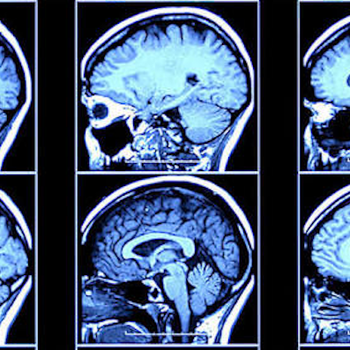
A new study of brain imaging results reiterates the need to focus on gathering quality information.

A new study of brain imaging results reiterates the need to focus on gathering quality information.
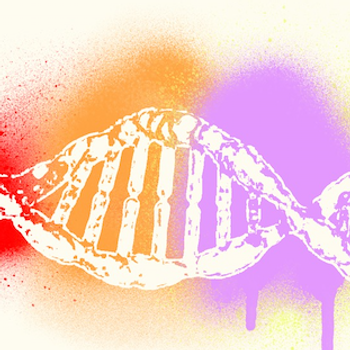
Researchers used whole genome sequencing to identify a genetic signature for the disorder.
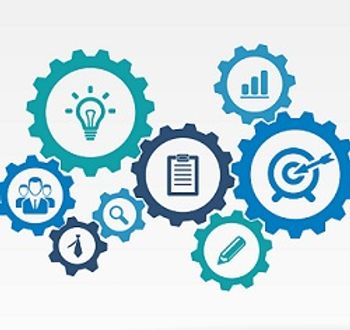
Why the trade group wants integration, standardization, and participation from all stakeholders.
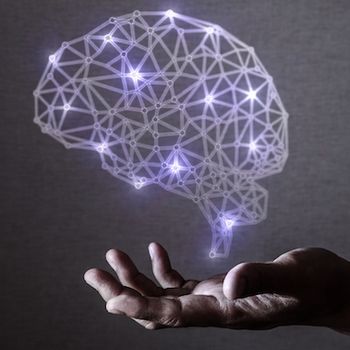
From hand sanitizer use to monitoring chronic conditions, hospitals can find novel ways to harness the power of AI, according to a new report.
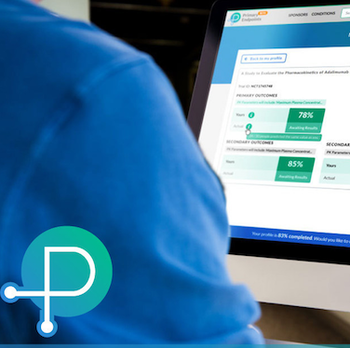
Why the website’s banking on crowdsourced trial predictions, data visualizations, and community.
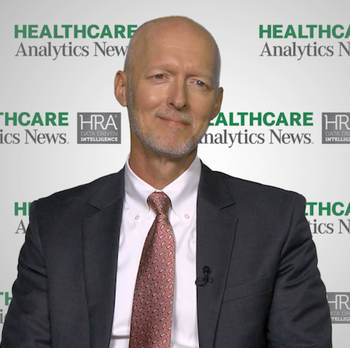
Why healthcare companies need to trade their "mom-and-pop," experience-based instincts for a data- and outcome-driven attitude.
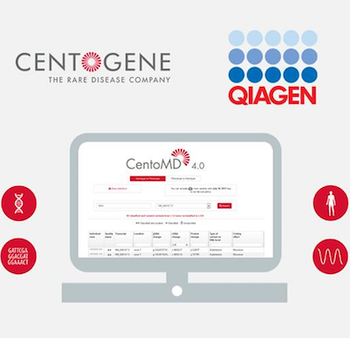
Qiagen and Centogene AG hope to use sprawling data sets and AI to improve clinical prediction.
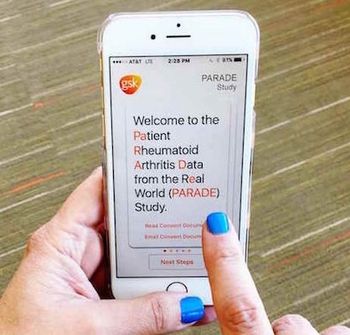
Lessons from GlaxoSmithKline’s app-based study can benefit healthcare companies.
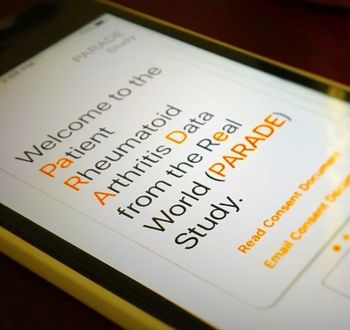
After hitting 3 key goals, GlaxoSmithKline’s PARADE could help change data collection.
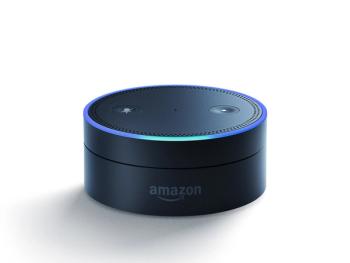
What needs to happen before Alexa answers questions about your meds?
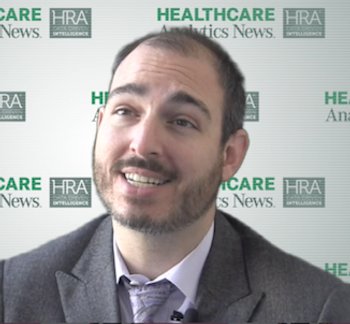
The Figure 1 CMO is optimistic, but he does not expect "fully functional robot doctors wheeling around the hospital diagnosing patients."
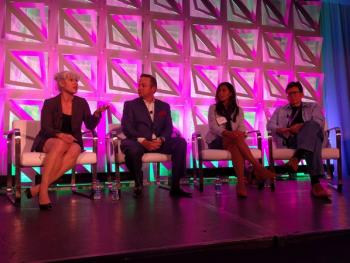
More often than you might think, panelists said. But only for the right reasons.
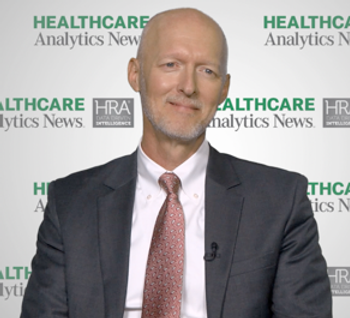
Why it might be smart for some healthcare companies to build their own data warehouses.

They waste time and money. Can electronic health records help?

And what healthcare executives and innovators can learn from its launch.
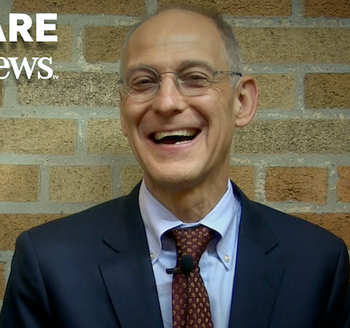
The outspoken physician, healthcare administrator, and author does belive that machines will replace radiologists sooner rather than later, though.

How data could spur cost savings in treating a disease that's expected to cost $14.7B per year.
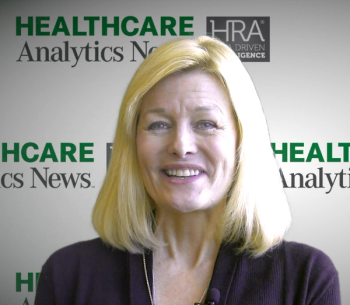
The work is so inspiring, Laura Adams said, that sometimes she wishes she did not have to sleep.
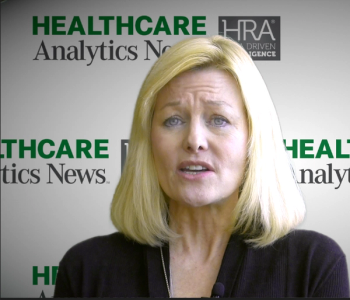
The CEO of the Rhode Island Quality Institute described fee-for-service as a "toxic payment model."
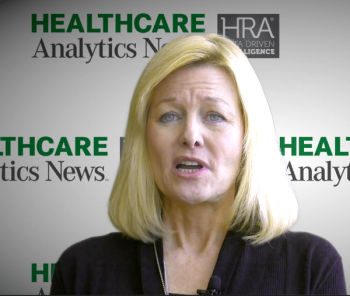
Adams discusses how Rhode Island Quality Institute's efforts towards a statewide health information database have been applied to the opioid crisis.
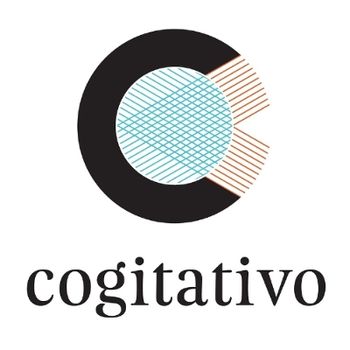
“It’s a huge validation, coming from the country’s 4th largest insurance company," Cogitativo CEO Gary Velsquez said.
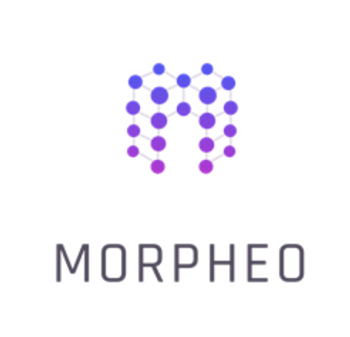
Open-source, collaborative, and blockchain constrained, Morpheo is starting with sleep disorders and looking far beyond.

“Sometimes we realize, 'Watson got that one right and we got it wrong," one of its trainers at MSKCC said. Still, it has work to do.
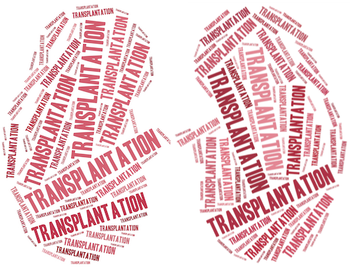
"It improves how kidneys are allocated, and it improves the rationalizations of doctors and patients."

One of the co-authors of NEJM article on inflated machine learning expectations spoke to HCA News about what inspired his commentary.